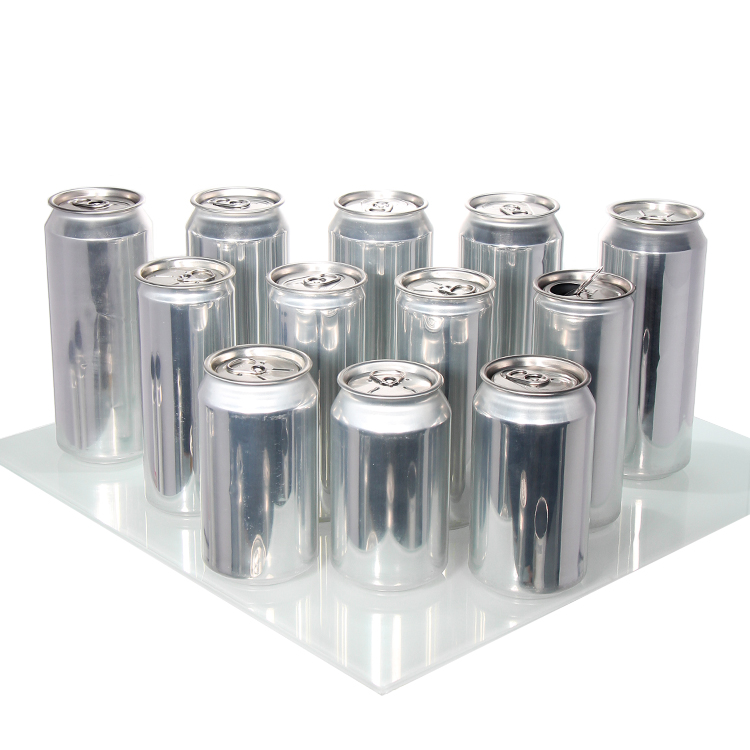The Trump Administration is imposing a 25% tariff on imported canned beer and empty cans from around the world.
The Trump Administration is imposing a 25% tariff on imported canned beer and empty cans from around the world
Originally published in INSIGHTS Express, a newsletter by Beer Marketer’s Insights, which has been a prominent source of information for the U.S. beer industry since 1970.

The Trump Administration announced today that it will be implementing a 25% tariff on all imported canned beer and empty aluminum cans, expanding beyond just those from Mexico and Canada. This decision was detailed in a Federal Register notice from the U.S. Department of Commerce, which was filed just hours prior to the President's announcement. This document serves as an update to the Administration's initial notice regarding aluminum tariffs issued on February 10 and is set to take effect on Friday, April 4, applying to goods either imported for consumption or taken from warehouses for consumption.
According to data from the U.S. Department of Commerce released by the Beer Institute, cans account for less than 40% of imported beer, with a projected 38.5% in 2024, which translates to 16.1 million barrels. In contrast, bottled beer represents 56.4% of imports at 23.56 million barrels, while draft beer makes up 5.1% of the total at 2.15 million barrels. During today’s press conference, President Trump revealed a 10% baseline tariff on all imports entering the U.S., alongside a 20% tariff on goods from the European Union. It remains unclear whether these new tariffs will be in addition to the previously established aluminum tariffs or how they will affect bottled and draft beer imports. As of now, confusion persists regarding these developments.
The revised announcement now includes “beer” and “empty aluminum cans” in a comprehensive list of products affected by the new 25% aluminum tariffs that were implemented last month. However, it specifies only the tariff code for malt beer and fails to reference a secondary code for beer imported in glass bottles, as noted by Reuters. Regardless of the details, these tariffs will significantly increase costs for imports and create a competitive advantage for domestically brewed beer in the United States.
Constellation is at the forefront of the situation, representing 72% of the total imports for beer, non-alcoholic beer, flavored malt beverages, and hard cider. However, the repercussions for beer suppliers extend far beyond just North America. Significant importers such as Heineken and Diageo are also rushing to establish backup strategies. According to data from the U.S. Census Bureau, beer imports reached over $7.5 billion in 2024, with Mexico dominating at $6.3 billion, followed by the Netherlands at $683 million, Ireland at $192 million, and Canada at $73 million.
As aluminum prices continue to rise, domestic suppliers may experience a rise in their overall input costs, though likely not as significantly. The alcohol industry, particularly spirits and wine, will also face tariff impacts, but the extent of these effects is still uncertain. As the U.S. prepares for potential retaliatory measures, the length of time tariffs will remain in place will undoubtedly be a topic for further debate. Several other critical questions emerge: Will importers absorb the tariffs or increase their prices, passing the added costs onto consumers? How much beer have importers already brought into the U.S. in anticipation of these changes? What will be the overall impact of the tariffs on the market? Stay tuned for updates.